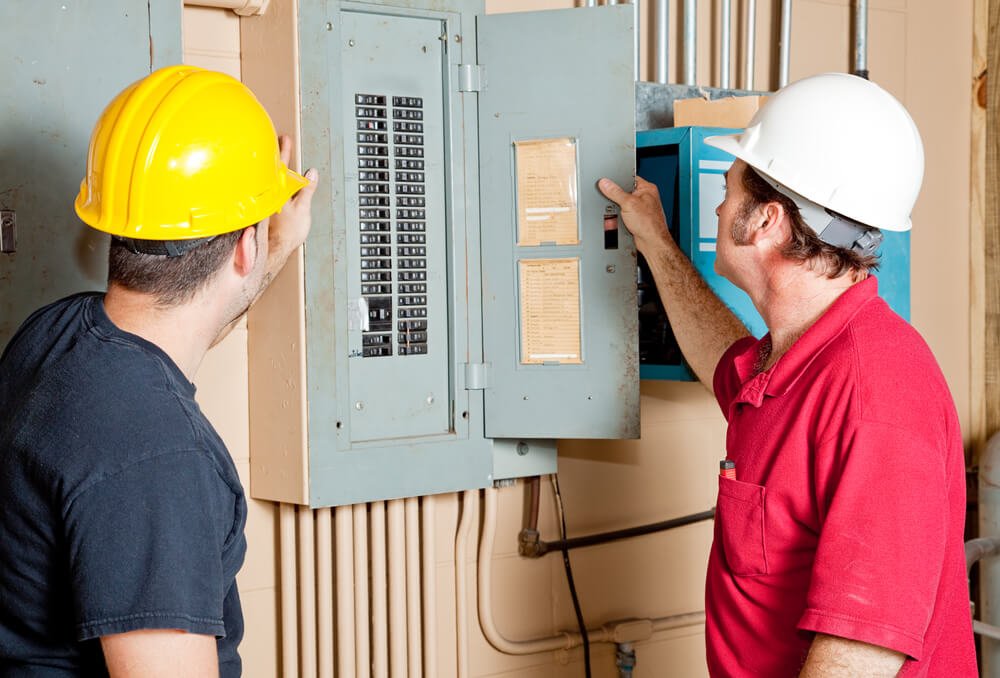As Winter approaches, you must be sure that your home is equipped to handle the cold months ahead. Heat is going to be essential, and you will need to make sure that you are using the right heating system for your home. As you have probably heard the pros and cons of each, the difference between selecting a heat pump or a furnace is going to depend on a few factors, explains Superior HVAC, furnace repair in Houston, TX.
From where you live to the layout of your home, this guide will tell you what you need to know in order to ensure you are making the best decision possible.
Heat Pump
Having a heat pump installed is going to benefit you by being able to serve as both a heater and an air conditioner. This dual-purpose device means that you are going to be getting a lot of use out of the one product.
For an average winter, a heat pump performs adequately. Anything between 30-40 degrees is perfect.
The heat that is generated from the pump comes from the outside air. This means that they are going to be energy-efficient since they do not rely on forced air. The pump constantly moves the air from one place to the next, filling your home with the heat that you desire.
Just as it works to bring air in to heat your home, it can take air out and cool it in the Summer. A heat pump is going to run on electricity, so you do not have to worry about filling any tanks or buying oil in order to keep it operating.
Because the device does not need an underground system of pipes to work, you will also pay less to get one installed.
Pros: Energy efficiency, less installation costs, less concern for carbon monoxide leaks
Cons: Not suitable for extreme Winter temperatures, air isn’t extremely hot, uses more energy when the temperature drops lower
Furnace
Among one of the most popular heating systems in the US, a forced-air furnace is going to get the job done. Because they can run on either electricity, gas, or oil, they are very versatile. Home Advisor explains that a furnace works by distributing heat through vents or air ducts. As the air gets cold again, it is recycled and redistributed by the furnace.
When you utilize a gas furnace, a pilot light is required. The gas is then combusted in order to create the heat that you feel. This gas normally runs through an underground pipeline so you do not have to deal with refilling a tank. An electric furnace is more simple — you only need to plug it into a power socket for it to heat your space. These are the heating systems that are normally controlled by a thermostat. Oil systems are normally older. A lot of homes have done away with them because you do need to order oil and make sure that the tank is full.
Pros: Most popular in the US, can run on oil/gas/electricity, long lifespan, budget-friendly, minimal maintenance
Cons: Have to refill oil tanks, the pilot light could go out, can cost you a lot of money on your electric bill, the hot air generated tends to be dry
Where You Reside
While you can compare and contrast the two, the area you live in is going to be one of your biggest decision-making factors. If you know that you can expect temperatures that are going to be below freezing, then it is safe to say that you cannot go with a heat pump. Heat pumps aren’t able to handle temperatures like these.
If you are on a budget, you need to take all costs into consideration. Not only do you need to keep in mind the cost of the actual device, but you must also think about the installation costs and future maintenance.
If your home does not already have the groundwork done for a furnace to be installed, then you can imagine that this would be a costly decision to make.
Use your best judgment when it comes to selecting the heating system that is right for your home. If you are not sure about the weather conditions, it would be best to consult a local contractor.
They will be able to advise you further on what system would work best in your home and the area that you live in.
If you have options, try to go with the system that is going to not only benefit you now but also in the future. This means that you should select the one that is going to require the least amount of work to install while also remaining low-maintenance over the years.
Also, think about how much electricity each device is going to need to run properly. These costs can quickly add up if you are not careful.



